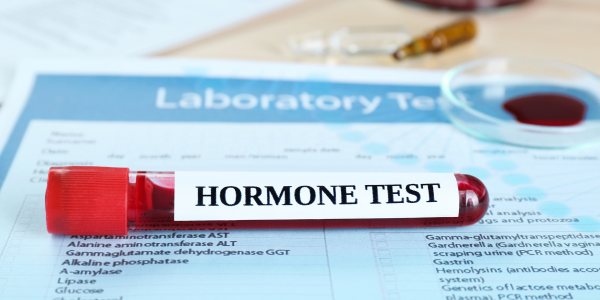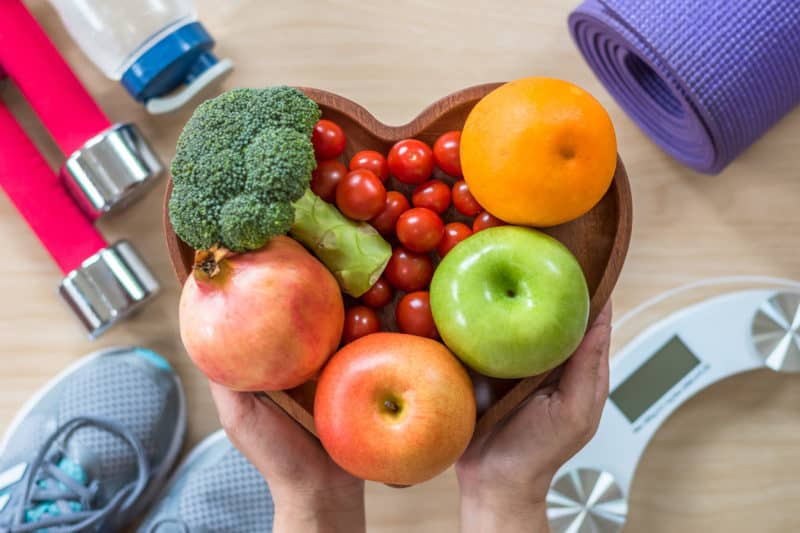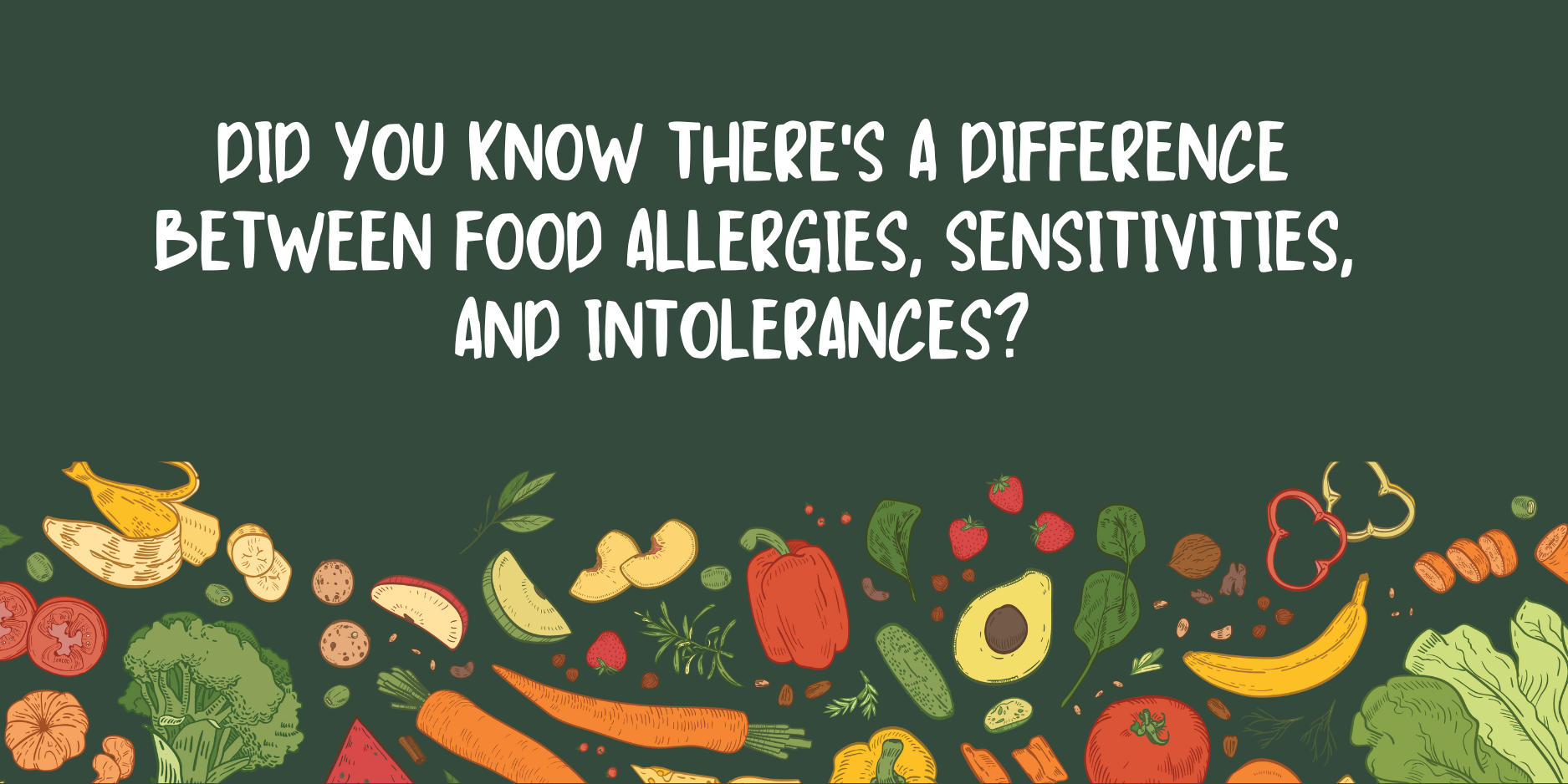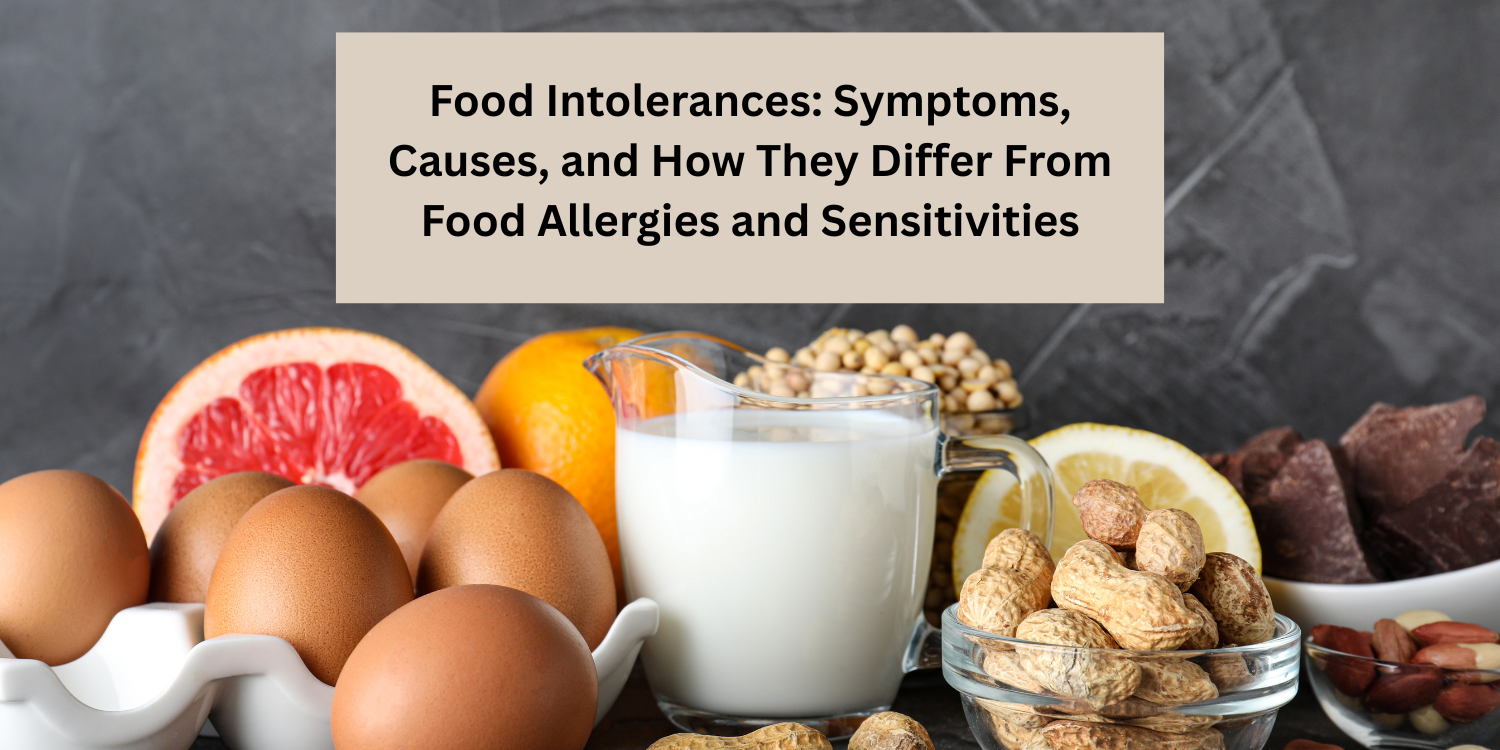

The domino effect of diabetes on the human body is alarming. Developing diabetes doesn’t just have an impact on your blood sugar levels – it can cause serious damage to your entire body.
More than 100 million Americans have diabetes or prediabetes. This statistic means more than a third of Americans live with uncontrolled blood sugar. And other experts estimate it is more like half of all Americans that have prediabetes or diabetes due to the lack of testing for it on a regular basis.
Children have also become a major target of this disease as well. With nearly 43 million children being overweight or obese this puts one-third of kids at a high risk of developing diabetes.
Diabetes increases your risk of serious health conditions such as stroke and heart attack, as well as damage to your kidneys, liver, nerves, and eyes. It also increases your risk of certain infections and impairs wound healing.
The foods you eat and the drinks you consume each day are the major culprits to blame for your high blood sugar. Other factors such as nutrient deficiencies, poor quality sleep, stress, lack of physical activity, and toxins also play a role.
To prevent and even reverse diabetes naturally you can make simple daily lifestyle changes and improve your risk of not developing other harmful health conditions.
What Causes Diabetes?
Type 2 diabetes accounts for 90-95% of all diabetes cases, and is known as late-onset, or adult-onset diabetes, although more and more children are being diagnosed recently, as previously mentioned.
Fortunately, type 2 diabetes is mostly lifestyle dependent – meaning you can prevent and even reverse diabetes.
Type 2 diabetes is caused by a combination of:
- Obesity or being overweight
- Physical inactivity
- Poor diet
- Chronic stress
- Lack of good quality sleep
- Nutrient Deficiencies
- Toxin Exposure
Type 2 diabetes occurs with a combination of high amounts of insulin production from your pancreatic cells due to peripheral insulin resistance.
Insulin production is needed to help escort the glucose in your blood into your cells – where they belong.
So the actual cause of diabetes is not simply high blood sugar – that is just a symptom.
Long-Term Consequences of Diabetes
Having high blood sugar from diabetes eventually takes a major toll on your body. You start seeing the harmful effects of diabetes due to the excess sugar in your blood as it is damaging your blood vessels.
Blood vessels leading to your heart, brain, and limbs, as well as minor blood vessels leading to your eyes and kidneys become injured.
Diabetes can lead to:
- Peripheral artery disease
- Stroke
- Heart attack
- Kidney failure
- Fatty liver
- Dementia
- Amputation
- Peripheral neuropathy
- Vision loss
Your blood vessels are important transporters to vital organs in your body. And keeping excess sugar out of them is key to preventing long-term consequences of diabetes. Imagine a nice smooth, pliable red blood cell easily slipping through your blood vessels-this is the normal flow. Now imagine that red blood cell has tiny spikes on it that are bumping into your blood vessel walls and causing damage, and thus inflammation-this is what happens with high blood sugar. That is one of the mechanisms that makes high blood sugar so damaging–it causes excess inflammation and impaired blood flow, which ultimately leads to the consequences of diabetes.
5 Ways to Beat High Blood Sugar
Nutrition and lifestyle changes can have a significant effect on preventing and reversing type 2 diabetes. Incorporate the following 5 ways into your daily routine to beat high blood sugar:
-
Obesity Prevention and Treatment
Obesity is strongly linked to diabetes due to high concentrations of adipose tissue or fat. The non-esterified fatty acids which are released from fat tissue increase the prevalence of insulin resistance in those who are obese. These fatty acids are also linked to a dysfunction of insulin production.
For this reason, it’s important to keep moving and stay active to reduce the amount of adipose tissue your body contains. Of course dietary interventions will need to be added for success–as exercise alone is unlikely to yield significant changes. A simple drop in weight from 1-9 pounds has shown a positive impact on metabolic control, cardiovascular risk factors, and mortality rates in diabetic patients.
-
Ditch sugar and refined carbohydrates
Sugar is the major contributing factor to high blood sugar. The hard part about eliminating sugar is that companies have masked “sugar” ingredients on food labels.
Different names for sugar include:
- Corn sweetener
- High-fructose corn syrup
- Dextrose
- Fructose
- Sucrose
- Glucose
- Malt syrup
- Maltose
- Molasses
- Even natural sugars such as honey and agave
Choosing whole, unprocessed foods can help you avoid hidden added sugars all together. Refined carbohydrates also convert to sugar in your body, which is why removing these from your diet can help you reverse diabetes naturally. This is why avoid things like breads, pastas, and baked goods is so important. Generally, avoiding grains and sugars is recommended for best results.
-
Take care of your gut microbiome
Feeding your gut bacteria is just as important as what you feed yourself. The role of your gut microbiota in metabolic disorders is gaining more attention these days.
Your gut bacteria have the power to release inflammatory mediators, which can cause insulin resistance and diabetes.
Factors such as antibiotics, western diets, and imbalances in the microbiome cause gut dysbiosis and inflammation. These factors cause decreased short-chain fatty acids which lead to low-grade inflammation in the body and increase your risk for diabetes, and possibly colon cancer as well. Increasing your vegetable and fiber intake is the best natural strategy. Aim for at least 30-35 grams of fiber per day or more.
-
Reduce stress
Another domino effect of chronic stress is blood sugar and insulin dysregulation. Chronic stress can increase your levels of insulin, cortisol, and cytokines. These factors can lead to obesity, insulin resistance, and type 2 diabetes.
Chronic stress can be from:
- Traumatic events
- Socioeconomic status
- Work environment
- Family relationships
- Poor mental/emotional health
- Infections
- Toxins
- Nutrient deficiencies
- Lack of physical activity
- Lack of quality sleep
Reaching out for help and reducing your stress can help reverse diabetes naturally by decreasing the hormones your body produces in times of stressful situations.
-
Get sufficient sleep
Not getting enough good quality sleep for prolonged periods of time can throw your blood sugar into a frenzy. When you don’t get enough shut-eye – around 8 hours – studies show this can induce insulin resistance. This insulin resistance puts pressure on your pancreas to work overtime to produce insulin.
Sleep deprivation is another contributing factor in developing diabetes. An easy way to prevent diabetes naturally is to make sure you’re getting enough rest each day.
Reverse Diabetes Naturally with Functional Medicine
When you have diabetes your body doesn’t just suffer from high blood sugar. High blood sugar damages the blood vessels in your body – leading to organ damage and other chronic health conditions.
Fortunately, most cases of type 2 diabetes are caused by lifestyle habits that can be reversed. Reversing diabetes naturally may take time, as long-term habit changes are required for success.
If you’re in the Phoenix, Scottdale, Paradise Valley area, request an appointment with Dr. Emily Parke to collaborate with her team of experts on lowering your blood sugar and treating prediabetes and/or type 2 diabetes.
References
https://www.cdc.gov/media/releases/2017/p0718-diabetes-report.html
https://www.ncbi.nlm.nih.gov/pmc/articles/PMC4099943/
https://www.ncbi.nlm.nih.gov/pmc/articles/PMC4259868/
https://www.ncbi.nlm.nih.gov/pmc/articles/PMC4259868/
https://www.ncbi.nlm.nih.gov/pubmed/20151995
https://www.ncbi.nlm.nih.gov/pubmed/25901889
https://www.ncbi.nlm.nih.gov/pmc/articles/PMC5754518/
https://www.ncbi.nlm.nih.gov/pubmed/23092890
https://www.ncbi.nlm.nih.gov/pmc/articles/PMC2276127/
Share:
Social Media
Most Popular Posts
Subscribe To Our Newsletter
Related Posts

Understanding the Essential Labs for Women on Hormone Replacement Therapy (HRT)
So what are the minimum labs we’re looking at when we do hormone replacement therapy? We obviously want to look at an estrogen level, so

How to figure out the right amount of HRT in women
What about checking lab values when you’re on hormone replacement therapy? I do find it to be helpful, but we also want to consider symptoms.

Did you know there’s a difference between food allergies, sensitivities, and intolerances?
Did you know that there’s a difference between food allergies, food sensitivities and food intolerances? Food allergies, the reactions tend to happen pretty immediately and

Food Intolerances: Symptoms, Causes, and How They Differ From Food Allergies and Sensitivities
Eating a wide variety of whole foods is a key way to ensure a nutrient-rich diet full of vitamins and minerals. But what happens when
